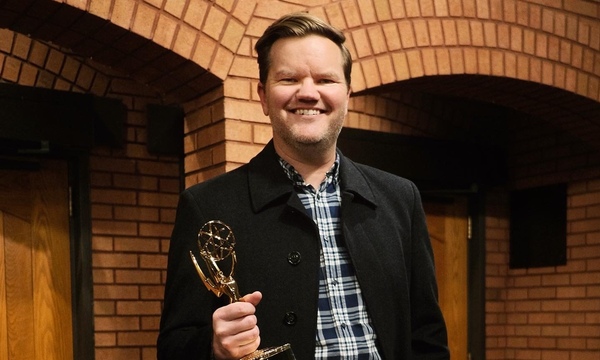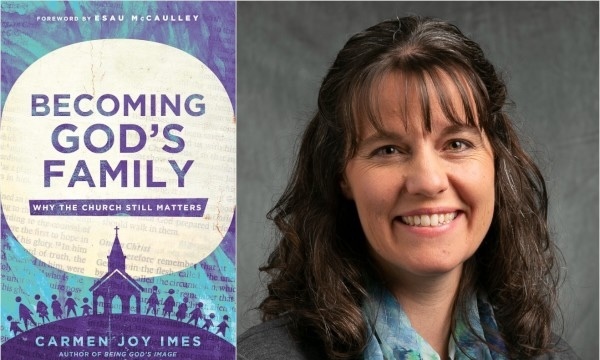LA MIRADA, CALIF. — President Clyde Cook of Biola University, local resident of Fullerton, Calif., will step down from his position on June 30, after serving 25 years – three times longer than the average university president, according to The American Council of Education.
Cook has had roots in Orange County since his high school days living in Laguna Beach, Calif., where he was named California Scholastic Federation basketball player of the year in 1953. He and his family arrived in Laguna Beach after being interned in a Japanese Concentration Camp during World War II. As a stand-out athlete, Cook received basketball scholarship offers from many universities in California, but chose to attend Biola as an undergraduate to pursue a future in ministry.
Cook was named president of Biola in 1982, a year after Biola was named a university. During his presidency, he earned the respect and admiration of the 10,000 Biola alumni who live in Orange County, and nearly 100,000 alumni and friends of Biola University around the globe.
As president, Cook transformed Biola from a small Bible-college to a leading academic institution, ranked by U.S. News & World Report as a “National University.” He made substantial changes to Biola and emphasized marketing and fundraising. He was also a proponent of increasing Biola’s academic profile and added a School of Intercultural Studies, School of Professional Studies, the Crowell School of Business, and the School of Education – totaling seven academic schools.
Since his presidency, Biola has nearly doubled its enrollment to 5,752 students. The campus has increased in size 20 acres and Cook added 1.1 million square-feet of new facilities including a state-of-the-art athletic field, a tennis complex, two new residence halls, new library and a new 32,000-square-foot business building.
Cook also brought the endowment of Biola from almost nothing when he assumed the presidency in 1982 to $43.5 million today. “By virtually all measures, Biola’s financial footing is stronger today than at any other time in history,” said Carl Schreiber, the vice president for financial affairs and information technology at Biola.
With all the growth and change of Biola, Cook insisted that its founding values remain. Cook said one of his biggest achievements was “maintaining Biola’s spiritual dynamic and not compromising it for the sake of academic responsibility.”
Biola University has honored their long-serving president with a variety of celebrations and farewell events, including a Smithsonian-like art gallery exhibit, open to the public, featuring pictures and artifacts documenting Cook’s 50-years of being connected with the University. Included in the exhibit are portraits of Cook and his family, yearbooks from when he attended Biola, awards and degrees he received all on display, the academic regalia Cook wore when he was inaugurated in 1982 and a framed copy of his inaugural address.
Dr. Charles Swindoll, founder of the Evangelical-Free Church of Fullerton where Cook and his wife have attended since 1982, honored Cook at his final commencement as Biola’s president on May 26. Swindoll, a best-selling author and speaker, presented President and Mrs. Cook with a special leather-bound copy of his newest book, A Life Well Lived, which he dedicated to Cook.
This month, Cook and his wife, Anna Belle, will celebrate another milestone — their 50th wedding anniversary. After 50 years of marriage, 25 years of being Biola’s president, and with Biola about to begin its centennial celebration, Cook said, “It seemed like an appropriate time to step aside.”
For more information, and interviews call 562.777.4061.
Biola University, founded in 1908, is recognized by U.S. News & World Report as a “National University,” which they consider the “major leagues” of higher education. Biola offers 145 academic programs through its six schools, ranging from the B.A. to the Ph.D. As a theologically conservative, Protestant university, Biola provides Evangelical students with biblically centered education, equipping them in mind and character to impact the world for the Lord Jesus Christ in any professional setting. In 2003, Biola launched a new vision to be a global center for Christian thought and spiritual renewal, addressing the crucial cultural issues of our day. For more information, visit www.biola.edu.
 Biola University
Biola University.jpg)

.jpg)
